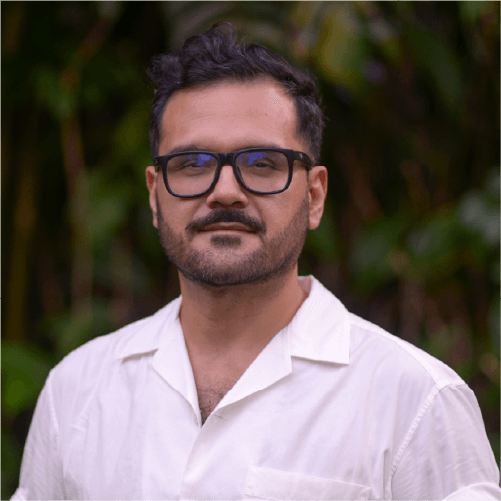Description
The initiative "Carbon for Good: Enabling a High-quality Forestry Carbon Market in Vietnam (Carbon4Good)" seeks to enhance the adoption of a high-quality, inclusive gender responsive (GR) forestry carbon market (FCM) in Vietnam as a mechanism for climate change adaptation, mitigation, and the promotion of socio-economic benefit and participation among Indigenous Peoples and Local Communities (IPLC)s, particularly women, relying on forest ecosystems. Carbon4Good aligns with the national roadmap to implement Decree 06/2022/ND-CP, which prioritizes the development of research-based policy options and capacity building for a national pilot in 2025. Carbon4Good will strengthen the capacity of policy makers to adapt to international compliance rules of the Paris Agreement with respect to carbon markets.
The high-quality, inclusive GR FCM aims to establish a market-based financing mechanism for the private sector and forest owners to develop projects that mitigate climate change by reducing GHG, while also adapting to climate change in way that preserves biodiversity and strengthens ecosystem services. This is to be achieved through sustainable forest management (SFM), the promotion of green businesses and resilient forest-based livelihoods for IPLCs, especially women, in the face of climate change. Carbon4Good focuses on Afforestation/Reforestation where carbon is sequestered through the creation or re-establishment of forests. In a high-quality, inclusive GR FCM climate-smart reforestation is required with varied tree specimen and silviculture techniques selected for their capacity to thrive under a changing climate and positive impact on biodiversity and forest-based livelihoods.
In this project CIFOR-ICRAF focuses on Avoided Conversion in areas with a high likelihood of tree losses (usually because of conversion to agriculture) and instead support forests to be retained and avoid CO2 emissions yield offsets. In a high-quality, inclusive GR FCM, alternative income generating activities are explored to reduce pressure on the ecosystem, provide resilient livelihoods, and promote sustainable businesses that support the forest to thrive. Finally, the project focuses on improved Forest Management through sustainable practices, informed by climatic variability assessments, and meaningfully engaging IPLCs, particularly women.
The aim of the project is to directly reach 12,000 people (6,000 women) and indirectly reach 244,125 people (122,063 women) living in forest areas of Ha Giang, Lai Chau, Son La, and Soc Trang provinces, which were selected based on the government’s assessment of high biophysical exposure to climate change, potential for carbon reduction and sequestration, and high biodiversity.




























